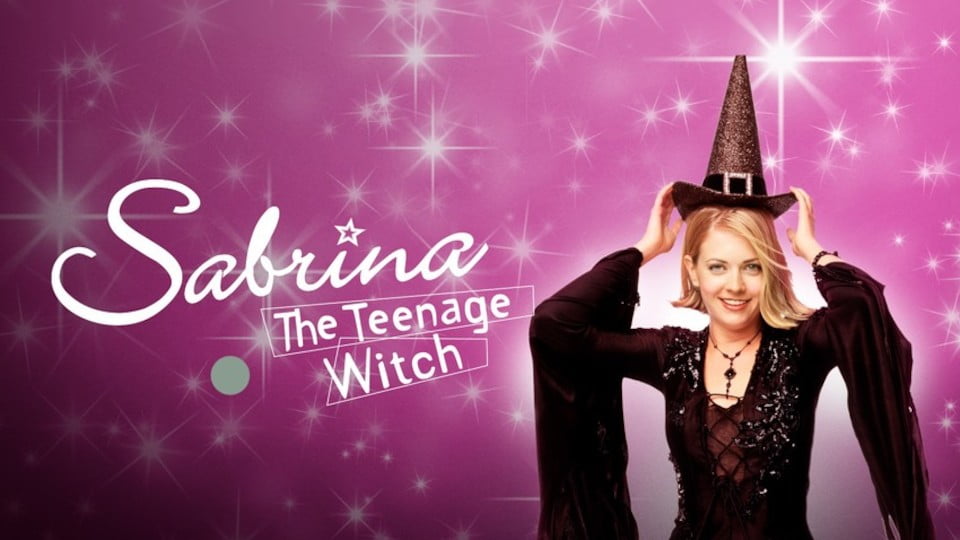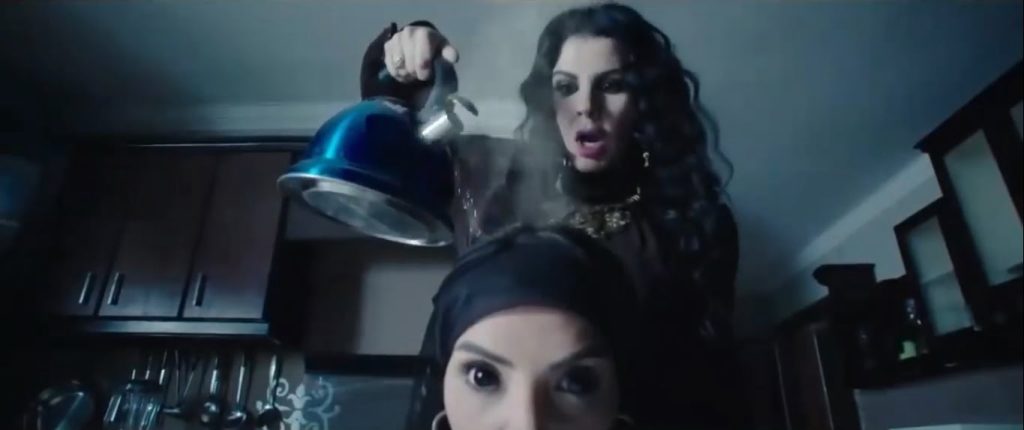
Not so long ago, I attended a workshop for ‘Critical Theory from the Global South: A Conference in Memory of Mona Abaza’. The topic for discussion was Silvia Federici’s Caliban and the Witch: Women, the Body and Primitive Accumulation (2004), talking about the systematic and deliberate demonisation of women in the West as the economy shifted gears from feudalism to capitalism.
By Emad Aysha
Women were being removed from their more proactive role in the old agricultural economy and resisting it too, so ‘assertive’ women of any kind were turned into whores and witches and unmanageable wenches in public discourse.
Men in their turn were angry that they were being uprooted from their land, and so substituting with ownership of their women and their reproductive rights. That was the backdrop to burning women at the stake for carnal knowledge of the devil, witch dowsing, and even Shakespeare’s taming of the shrew. The same applied to women of colour when colonialism got going in the New World.
That all wrung a bell given how witches are now, bizarrely, making their way into Egyptian television and horror literature even though we, as Arabs, never had witches in our folklore or Islamic heritage.
Now we’re overwhelmed with them. The worst example I can think of is Saherat Al Janoob (ساحرة الجنوب), starring Horeya Farghaly, along with the general demonisation of women from the countryside who have the audacity of demanding they inherit the land by sharia.
Check out Yasir Galal’s latest Ramadan serial ‘Legitimate Relationship’ (علاقة مشروعة), with the conniving secretary going after the wealthy hero and wanting to wreck his family along the way. Typically sorcery and conjuring genies are the provinces of evil men in our movies and literature.

We can add that we have our own ‘adaptation’ of The Taming of the Shrew, from the good old days of black and white cinema when women first began entering the workforce – (ترويض النمرة, 1967). And that was before rural-urban migration, so you can imagine what the situation is like right now.
Still, it’s good to see that many of these problems are being grafted onto us or imported by us from their Western birthplace.
Thankfully, the speakers themselves noted that this witchcraft charge is a very European peculiarity and that the West has been struggling with this self-same stereotype in the modern context. Witches went from being demonic old crones to young teenage girls, and sweet ones at that, while proper witch-hunting was replaced with the anti-Communist variety with paranoia about sleeper cells and people being seduced, as if by magic, into adopting an alien and subversive ideology.
Two names that came to my mind, of course, are I Dream of Jeannie and Sabrina the Teenage Witch. (The only catch here is the submissive housewife stereotype and women using magic instead of science).
They chipped in that the New Age movement has openly embraced witches and magic, sublimating this label from an insult into a badge of honour. Now wouldn’t you know it, something like that is happening over here, despite the many bad examples of witches on our lacklustre TV screens.
Asmaa Al-Yamany’s Ashmadie is a case in point, given that Dalia’s mother was involved with the occult – true enough – but was forced into this by her husband, a traitor to his own country. Dalia uses her extensive knowledge of Satanism, coupled with good magic contained in the folds of the Old Testament, and fights back accordingly.
Even in the hands of Arabic men, Ahmed Salah Al-Mahdi specifically, you can find the old crone stereotype but also the cutesy girl who tries her best to use magic as a force for good. Hence his oft-cited novella Reem. This battle of wills between good and bad witches and magic is also evident in The Marooned Mirror.
Ahmed, and I know this from conversations, was trying to pay homage to the European fairytale tradition by adapting these motifs to Arabic. Still, fortunately, he didn’t fall into the trap of buying into the prejudices underlying much of this imagery. He has plenty of proactive women in his stories, fantasy and SF.
Science fiction, moreover, is implicated in this setup, given the baggage of stereotypes that came with the Scientific Revolution. As I pointed out, Francis Bacon didn’t have any trouble with trying women for witchcraft, provided the evidence provided was scientific. Men appropriated science and reason to themselves and consigned women to magic and dark, irrational forces.
Consequently, there are many cheesy portrayals of women in SF where they are seen as incapable of intellectualising like scientists, who are invariably men. You can see this even in The Fly (1986), with Geena Davis’ character up against the Uber-geek Jeff Goldblum.
There’s also the shrew and witch-like character of Urgl in The Never-Ending Story (1984), in contrast to her more scholarly-scientist husband Engywook. There’s also an East-West divide here to cite Marie Lathers, who uses I Dream of Jeannie in her research (along with John Carlos Rowe) since magic comes from mysterious Baghdad while Jeannie’s science-heavy astronaut boyfriend is typically from the West.
Well, Arabic SF is far more progressive in the gender department. All that remains is to break the shackles of blind imitation in the genre and entertainment worlds and reassert our civilisation, if only in paperback form. Nothing like the boobtube to liberate you… from yourself!
Special thanks to the workshop speakers Surti Singh, Marisa Breathwaite, Manuel Schwab and Ian Morrison from the American University in Cairo.





